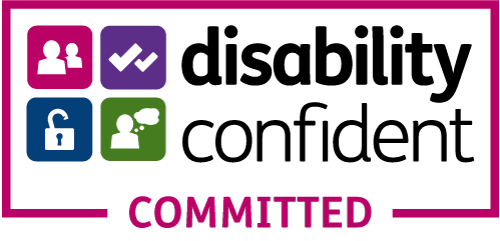Unlocking the Value of ISO 27001 Certification: A Journey of Security and Continuous Improvement
March 25, 2024 | Andrey Nikishin
One year has passed since we obtained ISO 27001:2013 certification. Now is the opportune moment to reflect on why we invested significant effort and time into this achievement.
“ISO 27001 is an international standard for information security management systems (ISMS). It helps companies set up and maintain systems to protect their information. Following ISO 27001 shows that a company has strong security measures in place to keep data safe from threats and risks”.
This is a brief description of the ISO 27001 standard. The first question you probably asked yourself is, “How does this apply to my small business?” and the second is, “If I pass the certification, what benefits do I get?” In this blog, I try to answer those questions based on our experience.
When you visit the website of any accredited ISO auditor, you’ll find a detailed explanation of why certification is essential. They emphasise that ISO 27001 certification boosts trust and credibility, enhances operational efficiency, and mitigates risks — all valid points. However, these weren’t the primary benefits for us.
When I posed those questions to our COO, his response was concise and straightforward: “We wouldn’t be able to collaborate with most of our customers without ISO certification.” ISO 27001 has become a de facto standard, with the majority of major companies already adopting ISMS and requiring all partners and suppliers to adhere to the standard. So, if you want to sell your product or service to larger organisations you should think of passing ISO 27001 certification.
As a product manager overseeing Diffusion Cloud, a managed service, I’ve found significant benefits from our ISO 27001 certification. Operating a service effectively requires implementing various processes, and ISMS has been instrumental in this regard. It offers a set of well-defined processes that we need to implement, although it’s not always straightforward (though delving into the specifics of ISMS implementation is beyond the scope of this blog post). So, I’ve personally gained a lot from ISO 27001.
Having obtained ISO 27001:2013 certification, we’re now in the process of migrating to the 2022 standard. The primary difference lies in its focus on cloud services, which means my team and I have substantial work ahead to adapt some of our processes and procedures accordingly. This transition will result in a more secure service overall.
It’s worth noting for attentive readers that achieving security-related compliance isn’t the aim of implementing these processes. While ISO 27001 certification doesn’t guarantee absolute security, it does demonstrate that an organisation follows best practices to maintain a certain level of security — a kind of security baseline. Anything below this baseline is deemed unacceptable, and our goal is to continually raise the bar to ensure the utmost security for our clients. Furthermore, ISO 27001 provides a strong incentive for us to continuously enhance and refine our processes, leading to improved operational efficiency.
Implementing robust cybersecurity measures within an organisation is a complex process and achieving ISO 27001 compliance alone cannot be seen as a complete solution. There are numerous other certifications and best practices that should be considered, such as SOC2, NIST, DORA, HIPAA, ISO 27701, and PCI DSS, among others. It’s important to evaluate the requirements of these standards based on your business and customer needs and pursue those that are relevant. While each of these practices serves as a solid foundation, they do not guarantee absolute protection. Nevertheless, like any foundation, they are essential to have in place.
I trust I’ve clarified our rationale for pursuing ISO 27001 certification. I apologise for the absence of specific examples this time, but I assure you I’ll provide some next time. For instance, we recently conducted a tabletop exercise centred on business continuity, which proved to be highly beneficial for our management. It yielded numerous insights on process enhancements. It’s often said that “those who learn, win,” and this rings true in our experience.
Further reading

BLOG
The Game-Changer: Change Data Capture (CDC)
March 17, 2025
Read More about The Game-Changer: Change Data Capture (CDC)/span>

BLOG
DiffusionData nominated for 2 TradingTech Insight Awards 2025
March 13, 2025
Read More about DiffusionData nominated for 2 TradingTech Insight Awards 2025/span>

BLOG
Designing Event-Driven Systems That Don’t Break Your Backend
June 05, 2025
Read More about Designing Event-Driven Systems That Don’t Break Your Backend/span>







